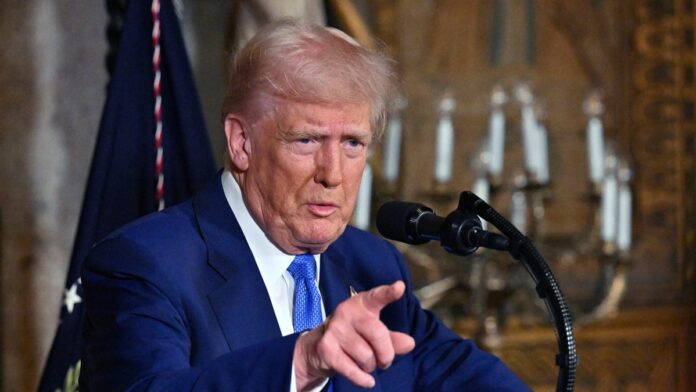The proposed 25% US tariff on semiconductors is expected to have significant implications for the semiconductor industry globally. The India Electronics and Semiconductor Association ( IESA), which is spearheading India’s semiconductor and electronics manufacturing industry growth, sees limited impact for India at the moment but says the move could put a big strain on US- Asia ties. Additionally one needs to look into the international treaties that the US may have signed with other countries and the potential violation if any.
According to them, “this move will impact costs, supply chains, innovation, and geopolitical relations, shaping the industry’s future in multiple ways. Ashok Chandak, President IESA, lists out the key factors to watch and what it means for India.
Trump tariff impact on India’s semiconductor industry
The imposition of a 25% or higher tariff on semiconductors by the United States is expected to have significant consequences for the global semiconductor industry. But India may not see any major short-term consequences as it is not a major exporter of semiconductors to the U.S.
Moreover, India’s import duty on semiconductors is already zero, meaning there are no reciprocal tariff concerns. According to Ashok Chandak, President IESA, “Most of India’s upcoming semiconductor manufacturing and Outsourced Semiconductor Assembly and Test (OSAT) facilities cater to global brands. India’s increasing domestic semiconductor demand will rely on locally manufactured chips, minimizing reliance on imports.”
Even for the long-term Chnadak is not too worried as he believes that, “in the long run, Indian semiconductor brands will not be at a major disadvantage, as the U.S. tariff is expected to apply uniformly to all exporting nations.”
ALSO READTrump to meet pharma leaders amid push for govt support on drug pricing Trump tariff impact: Strain in US-Asia ties
The impact on Indian industry might be limited but Chandak is worried about what the proposals could mean for the rest of Asia. Given the fact that Taiwan (via TSMC) and South Korea (via Samsung) dominate global semiconductor manufacturing, “the tariff could strain diplomatic and trade relations with these key U.S. Allies,” he added.
Trump tariff impact: Non-US trade alliances possible
IESA highlighted that typically the semiconductor industry thrived on globalization but now may shift towards more regionalized production hubs to mitigate future trade risks. “Other nations may strengthen their semiconductor trade relationships to counterbalance US tariffs.
» Read More


